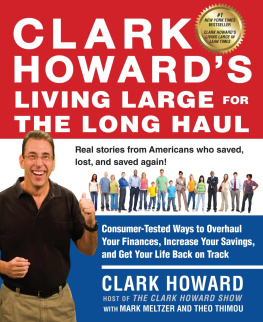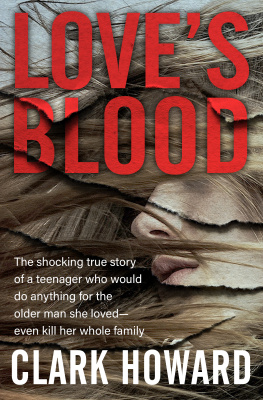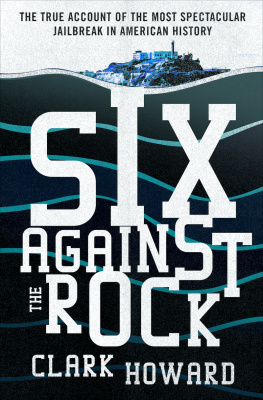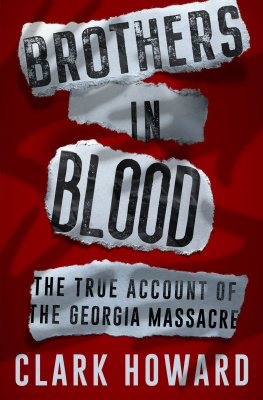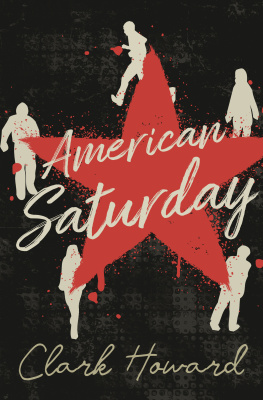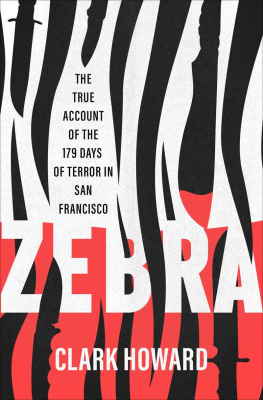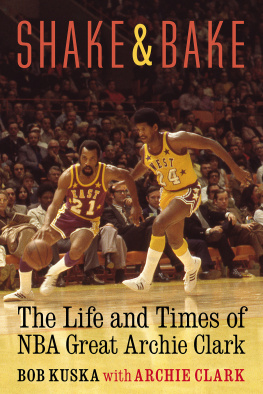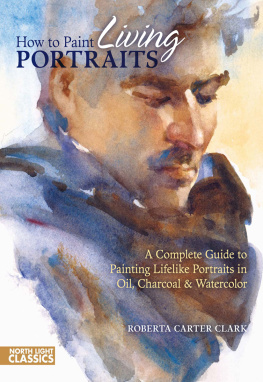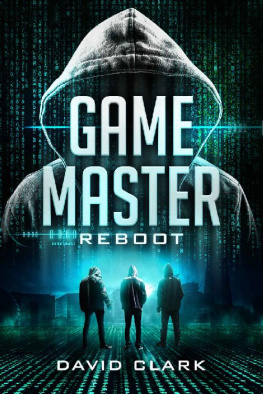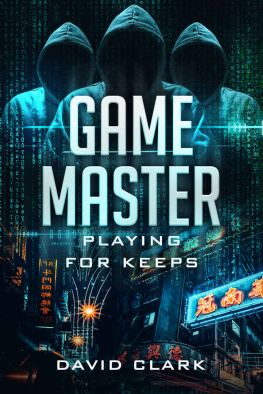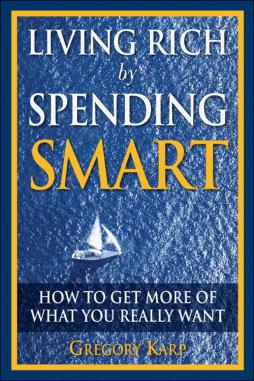Published by the Penguin Group
Penguin Group (USA), 375 Hudson Street,
New York, New York 10014, USA
USA Canada UK Ireland Australia New Zealand India South Africa China
Penguin Books Ltd, Registered Offices:
80 Strand, London WC2R 0RL, England
For more information about the Penguin Group visit penguin.com
Copyright 2013 by Clark Howard, Mark Meltzer, and Theo Thimou
All rights reserved. No part of this book may be reproduced, scanned, or distributed in any printed or electronic form without permission. Please do not participate in or encourage piracy of copyrighted materials in violation of the authors rights. Purchase only authorized editions. Published simultaneously in Canada
Most Avery books are available at special quantity discounts for bulk purchase for sales promotions, premiums, fund-raising, and educational needs. Special books or book excerpts also can be created to fit specific needs. For details, write: Special.Markets@us.penguingroup.com.
Library of Congress Cataloging-in-Publication Data
Howard, Clark, date.
Clark Howards living large for the long haul : consumer-tested ways to overhaul your finances, increase your savings, and get your life back on track / Clark Howard ; with Mark Meltzer and Theo Thimou.
p. cm.
ISBN 978-1-101-60986-6
1. Finance, PersonalUnited States. 2. Consumer educationUnited States. I. Meltzer, Mark. II. Thimou, Theo. III. Title. IV. Title: Living large for the long haul.
HG179.H6852 2013 2013016854
332.02400973dc23
Nothing in this book is intended as an express or implied warranty of the suitability or fitness of any product, service, or design. The reader wishing to use a product, service, or design discussed in this book should first consult a specialist or professional to ensure suitability and fitness for the readers particular lifestyle and environmental needs.
While the authors have made every effort to provide accurate telephone numbers, Internet addresses, and other contact information at the time of publication, neither the publisher nor the authors assume any responsibility for errors or for changes that occur after publication. Further, the publisher does not have any control over and does not assume any responsibility for author or third-party websites or their content.
Some names and identifying characteristics have been changed to protect the privacy of individuals involved.
Interview subjects have been quoted with permission.
To my wife, Lane, and my three kids.
And to Christa DiBiase, who pushes me to do my best.
Clark
For my dear sister Barbara, who left us way too soon, and my dad, Morty.
I wish they could have seen this, and hope they would have been proud.
Mark
To Cynthia, Mason, and Sierrathe newest member of the packfor all your enthusiasm. And to Mom and Dad, of course!
Theo
CONTENTS
INTRODUCTION
W E ALL HAVE WHAT I like to call pivotal moments in our lives. Something happens that alters the way we think and perhaps even changes the course of our entire lives. For me, it happened when I was a teenager.
I was born in 1955 and grew up on what I like to call the silver spoon plan in Atlanta; it seemed our family wanted for nothing. When I was a teen, I went to American University in Washington, D.C., and my parents were footing the bill.
One Thanksgiving, I came home from college and there was something like an air of death around our house. We had a solemn dinner and everyone was quiet. I kept thinking, Theres something wrong. I just know it. Sure enough, we finished dinner and my dad asked me to wait at the table after saying, Ive got something to tell you.
I thought for sure he was going to tell me he was dying. Then he looked at me with this pained face and said, I lost my job. Suddenly, I started smiling from ear to ear.
Why are you smiling? he asked me.
I had to explain how relieved I was because I thought he was dying! He relaxed at that point because he probably saw that things could be a lot worse than a job loss.
But the next thing out of his mouth was a stunner. Theres no money to pay for your next semester at college.
Now, I thought my folks were loaded with dough. But they lived a high-voltage lifestyle, where everything they earned, they also spent.
I was eighteen or nineteen at this point. So I went back to school and started looking around for work. I wound up working during the day full-time and going to school at night. After I finished my bachelors degree in urban government, I got a job with IBM as a bill collector because I knew they would pay for my masters degree.
The deal was that I had to pay for my own books and get a B or better in a course in order to be reimbursed. I hate to say it, but I was never the best student. But you better believe I got a 3.9 GPA in my first quarter in grad school! And I never got less than a B during the rest of the time there, because I wanted IBM to pay the tuition for my masters in business management. Thanks, IBM!
I spent the first part of my twenties working as a social worker for almost four years out of grad school. But at twenty-five, I decided I wanted my own business. The airline industry had just been deregulated and I thought the free market would help travel explode in popularity. This was before the Internet. Turns out I was right; every eighteen months I would open a new office.
In 1987, I got a buyout offer for my chain of travel agencies. The buyers wanted my locations and my employees but not me. So I moved to the beach and had a grand old time living the retired life at thirty-one.
For some complicated family reasons, I soon had to leave the beach and go back to my birth home. I was doing nothing, just watching reruns on TV and training for biathlons. Out of the blue, I got a call from a local radio station that had a Sunday travel show and they asked me to be a guest.
From that one appearance, everything else in my career happened. Over time, I went from being an occasional guest to a regular guest to a host on my own travel talk show. I ultimately ended up as host of a weekday call-in advice show about money called Cover Your Assets in 1989.
Ever since then, I have been giving advice on the air. The show eventually morphed into The Clark Howard Show. I became a newspaper columnist in 1990 and started doing TV work in 1991.
In 1993, I saw there was a need for people who were too shy to talk with me on the air to have their questions answered off the air. So we started taking phone calls forty-five hours a week off the air with the help of more than one hundred trained volunteers at the Consumer Action Center (later rechristened simply as Team Clark).
In 1997, we launched ClarkHoward.com. The following year my radio show went into syndication. And over the years, Ive written nine books. Im also the cohost of HLNs Evening Express every weekday evening.

